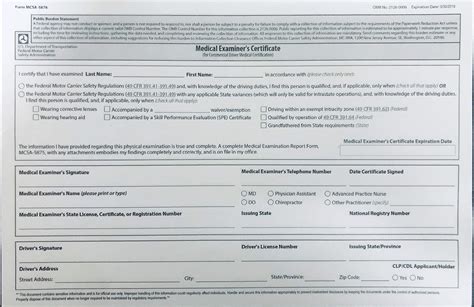The Role Of Wallet Addresses In Cryptocurrency Transactions
Maret 4, 2025 | by Gusri Efendi

The role of the address portfolio in the cryptocurrency transactions
Cryptomena, such as bitcoins and ethereum, a revolution in the way of thinking about digital transactions. One of the key features that differ these currencies from traditional Fiat labels is to use unique addresses for each user. In this article, we immerse ourselves into the role of portfolio addresses in cryptomena transactions and examine what makes them so important.
What are the portfolio addresses?
The portfolio address is a unique identifier assigned to the user’s digital portfolio that allows it to receive, send and store cryptocurrencies. Each address is represented by several keys: a public key (also known as “grain”) and a private key (also known as the “key”). The public key is used for transactions, while the private key is kept secret, except for some situations.
How do portfolio addresses work
When the user sends a cryptocurrency to another address, the transaction is sent to a computer network called Nodes. These nodes verify the identity of the sender and receiver using complex algorithms, ensuring that the transaction is important and safe. After verification, the transaction is added to a public book called Blockchain, which records all transactions on the web.
To facilitate these transactions, each portfolio address is associated with a specific pair of keys (public and private). The public key can be used to receive funds from other users, while the private key must be secret because it defines the user’s access to its own assets.
Key features of address portfolio
Portfolio addresses have several features that make cryptocurrencies needed for transactions:
1
- Decentralization : The ownership of the portfolio address is decentralized, which means that it is not controlled by any individual existence.
- Security : Portfolio addresses are secured by complex cryptographic algorithms that make it resistant to hacking and other safety threats.
Types of portfolio addresses
There are several types of portfolio addresses:
1.
- Private keys (key addresses) : used for sensitive transactions such as buying or selling assets, and must be secret secretly unless the user is allowed.
3
Plastic portfolios

: Some wallets may generate new addresses on request, making them useful for people who want to create a separate wallet for specific purposes.
risk of security
While the address portfolio provides the necessary layer of safety transactions with cryptomes, there is still a risk with their use:
- Phishing Attacks and Social Engineering : Users may be deceived in detecting address portfolio or private keys.
- Key Exchange : Some wallets allow users to replace their private keys for other cryptocurrencies that may endanger the user’s resources.
Proven procedures
Ensure safe and safe use of address portfolio:
- Use strong passwords : Use complex passwords and keep them secret.
- Turn on two authentication of double -storey (2FA) : Add another security layer with 2FA to protect the address portfolio.
3
Keep your software regularly : regularly update your portfolio software to make sure you have the latest security patches.
application
Portfolio addresses play an important role in cryptomena transactions and provide users with a safe and decentralized way of managing their assets. Understanding the functions of the portfolio addressed and observation of proven procedures can effectively use these addresses for safe buying, sale and storage of cryptocurrencies.
RELATED POSTS
View all
